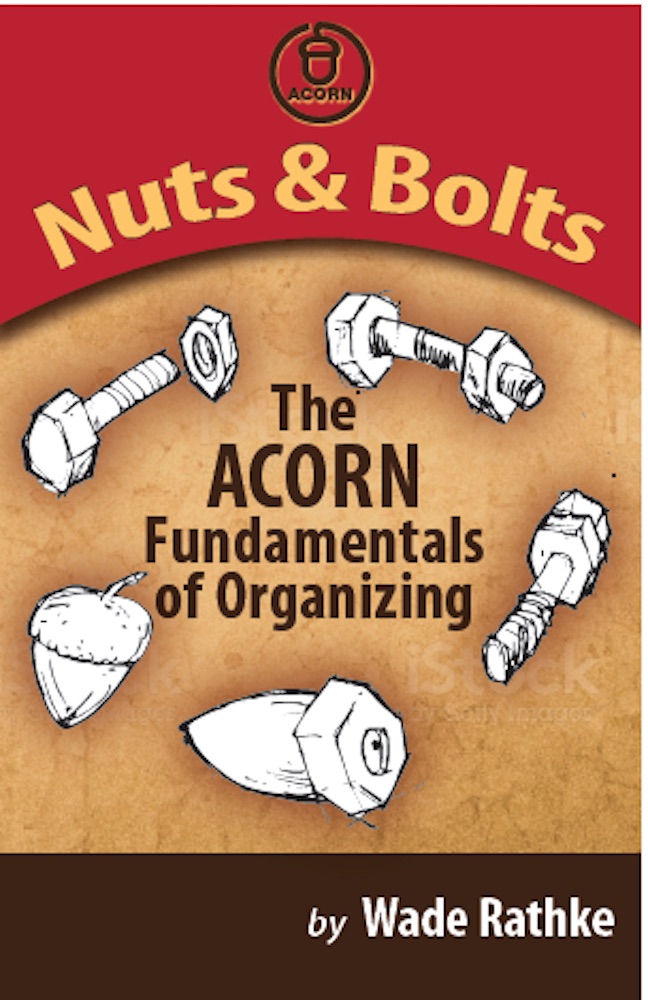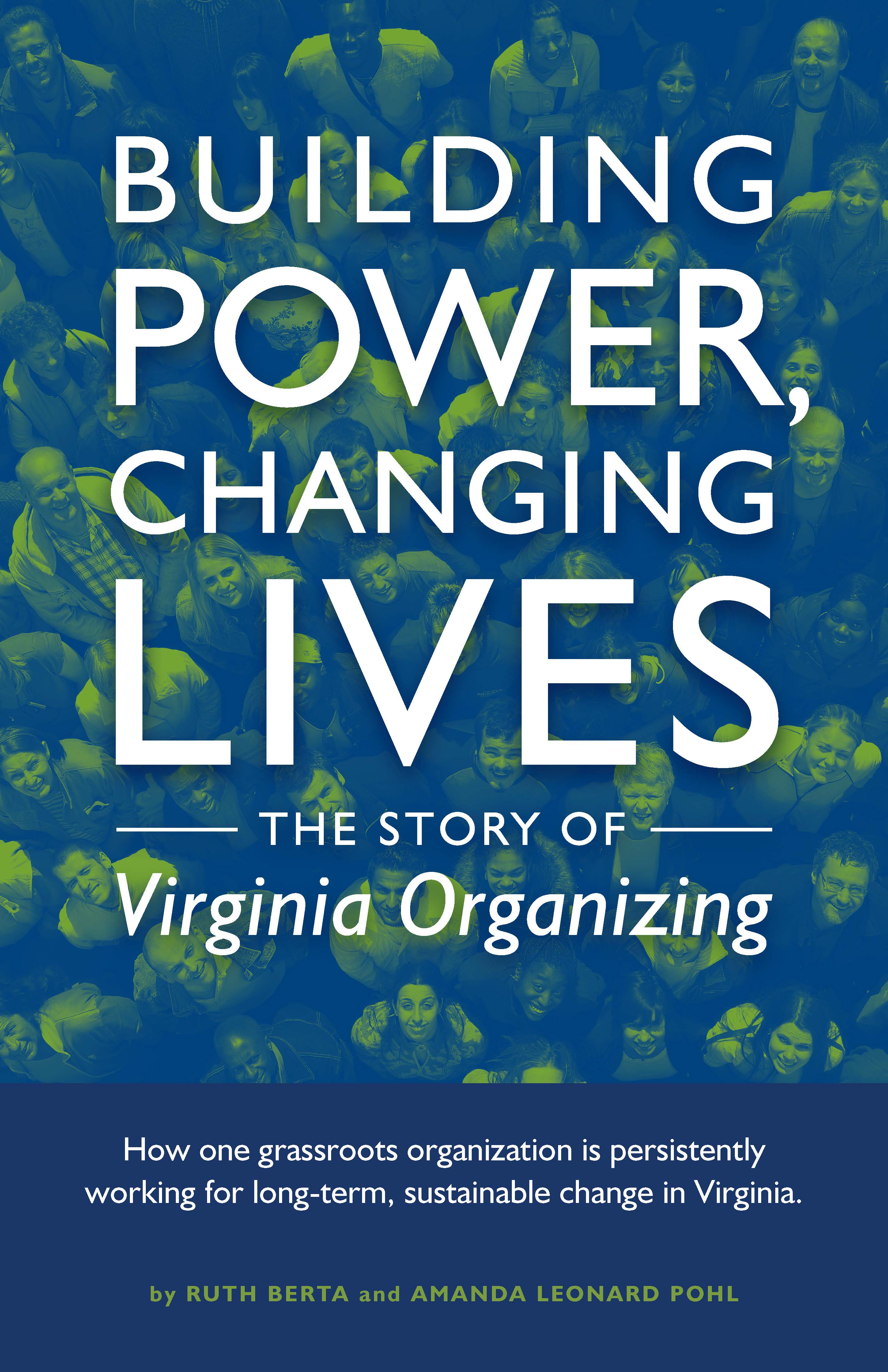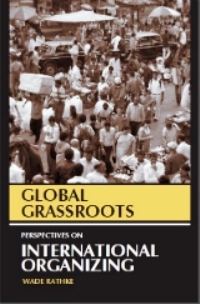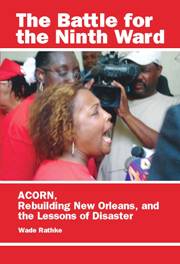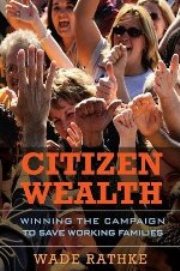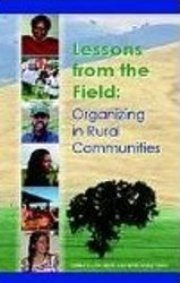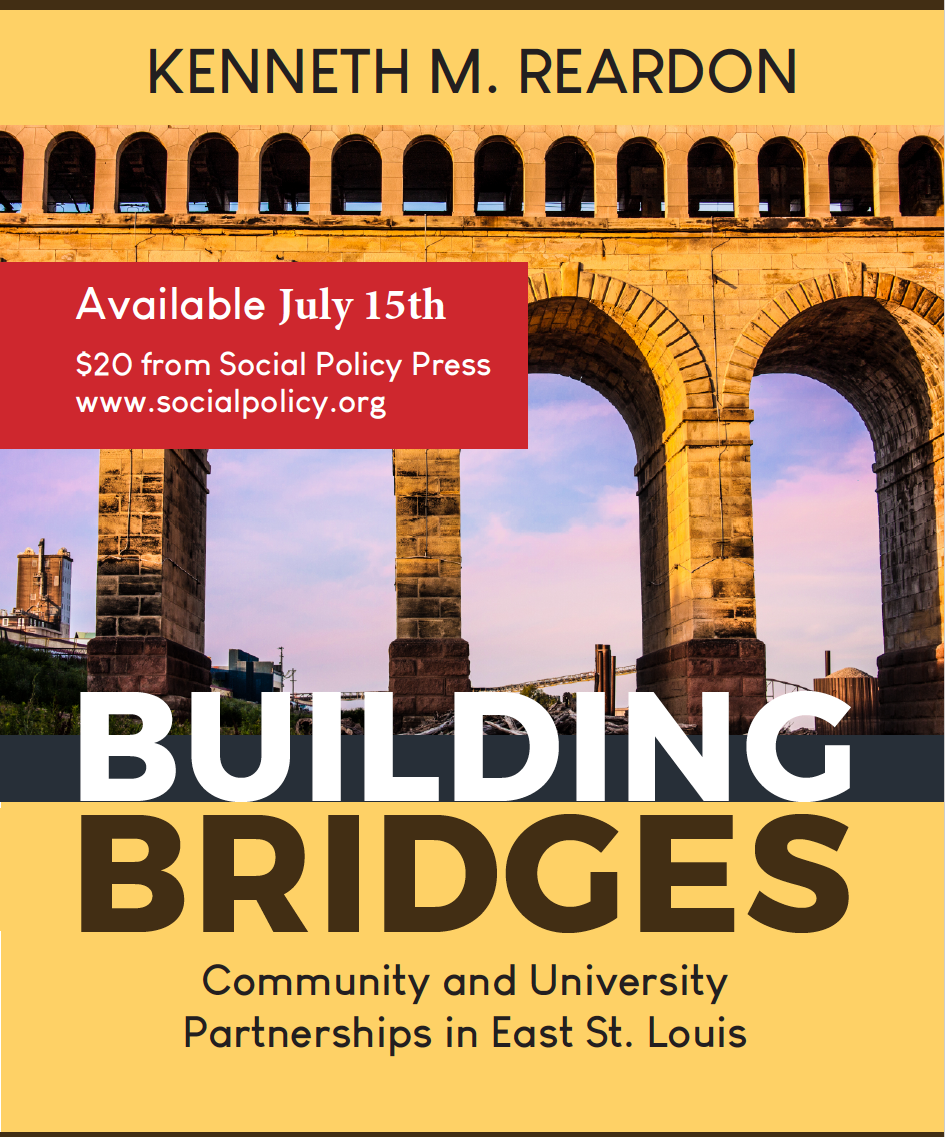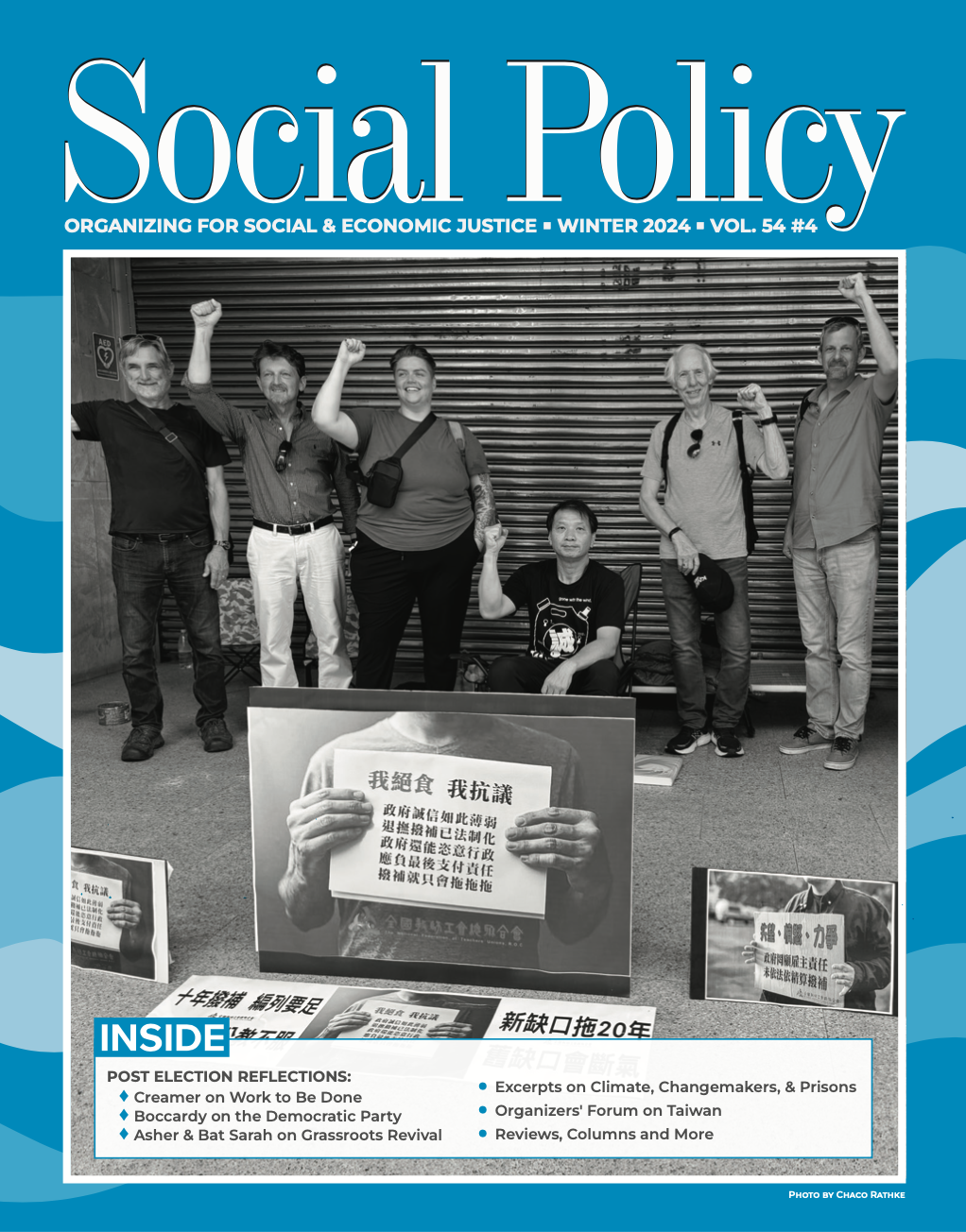MONEY MATTERS - Immigration on the Mind
Written by Drummond Pike
I’m a white guy. A privileged guy. Son of a couple of professionals who grew up in the suburbs. Upper Middle class, educated, lucky.
I finally figured out that
what we call “illegal immigration” is really just a modern derivative of “apartheid” or its predecessors. Certainly, our forebearers in the south know of which I speak. I think it might be more of a male thing, though who knows? Whether cultural or genetic, in our modern “western culture” males tend to subscribe to an idea that they are responsible for the success/failure of the family’s finances.
Sometimes they are very good at it, but most of the time, like gamblers in Vegas, they come up short in a house game designed against them. In that world of course, the “whales” are banned from playing, but in the US economy our current cultural icons are the “whales” themselves, like Elon and his now purchased BFF, the Donald. So, in a world where we are all just marks to be taken advantage of, what’s the best defense? Find someone lower on the totem pole to blame. As we’ve all seen recently, the cause of our economic distress are all those folks on the bottom of the pile who harvest he crops, wash the dishes, or change nursing home diapers. Just happens a whole lot of them came here without legal papers.
Now, why, you might ask, did they come here to do that kind of unpleasant, hard work? Well, there are two factors that loom large. First, modern transportation systems are designed to move people around with great ease so that when countries begin to fail their own people, they have an option to leave. So, where do they go? Not hard. They go to places that will hire them so they can make enough to support their families or that offers them safety and survival. Top of that list? The old U S of A. Europe comes in second, but still is desirable.
So, how does this work? You have literally millions of people living in perilous places like Venezuela, Nigeria, or Bulgaria attracted like moths to the candle of work and safety in places like the US, UK, or France. And make no mistake about it, these folks are stuck on a one-way street. Can’t go back.
America has for years sold itself to the world as the enlightened home to the downtrodden. “Give me your tired, your poor, your huddled masses yearning to breathe free, The wretched refuse of your teeming shore. Send these, the homeless, tempest-tost to me, I lift my lamp beside the golden door!” (Emma Lazarus’s poem on the Statue of Liberty). And so, they come, and keep coming, even in the shadow of Stephen Miller’s promise of mass deportation. Modest estimates put his target on the backs of some 11 million souls hiding out in plain sight throughout the US economy. And they are a big part of why our economy is thriving. In agriculture, best estimates are that some 86% of labor is foreign born and that 42-45% are without documents. I suspect similar numbers would be found among low level construction workers and nursing home diaper-changers.
The question, then, is how did it come to be that in this vaunted “rule of law” country has such a large population of highly vulnerable workers at the bottom of the pile, largely doing work that no one else wants to do. One starting point in understanding this is the 1942 “Bracero Program” intended to shore up the ag labor supply during WWII. It lasted 22 years but is said to have provided such low wages that it struggled to fulfill its mission and was not successful in reducing the influx of undocumented workers who apparently had no great obstacles in getting work. A more likely factor in its shortcomings was the early, broad resistance among Texan growers who refused to work through the Bracero program and instead expanded their practice of hiring “illegals.” More leverage over their workers? Perhaps. Hard to get in their mindset, but one imagines they didn’t mind the plentiful supply of low-cost workers.
The history of the Bracero program is unsettling. Begun just 20 years after the ending of the Mexican Revolution and a period of severe economic recession in Mexico, the way the program rolled out is eerily reminiscent of the slave trade, including the hiring process once workers had been screened for disease, sprayed twice with “de-lousing agents” and made to wait naked for extended periods. The initial process occurred in Mexico and a second in the US at “recruitment centers” in US border towns where workers were then selected by farmers. All in all, a grueling, dehumanizing process. After the war, the government slowly withdrew from its role and allowed the growers to “operate” the system themselves. An opportunity for corruption or exploitation perhaps? One can only imagine. A remarkable documentary on the program, “Harvest of Loneliness” (2010), is available on YouTube. More than worth a look. And from the beginning, the “settling out” or non-return of both Bracero and “illegal” immigrant labor has been the case. Why go back when the implied invitation to stay comes in the form of lots of low-level jobs no one else wants.
There was early and continuing opposition to the Bracero program, much of which echoes today. “They depress wages.” “They are replacing Americans.” Etc. Truer, the Bracero program and the general use of undocumented workers led by the Texan ag companies in ‘40s, reinforced an age-old hierarchy where those who came earlier, lord over those most recent. Braceros reported how they weren’t allowed to even socialize with resident (and also largely Mexican) workers. Even in field work, the need to feel superior is a strong one in the workplace. This hit a crescendo with Operation Wetback in the ‘50s executed with all the militaristic pomp that Stephen Miller wants to replicate – roadblocks, ICE raids, and all that – and was a small blip in our systemic use of undocumented workers.
The key to understanding the current system, albeit one that is about to suffer a rude awakening, is that it has been designed to be exactly as it is. We advertise that America is the place for those desperate for safety and work, and then we let them come in however they can manage to join the forces of other desperate people in the, until now, sanctioned secondary workforce that is expected to pay taxes, work for whatever they can get (usually less than minimum wage), and get no benefits (even though they paid for them), and then be subject to deportation whenever luck or Stephen Miller deems their time. Let’s not kid ourselves. We all have known this was how it worked. Growers invented “labor contractors” to absolve them of any responsibility for hiring unpermitted workers. Construction companies “sub out” virtually all their work to other companies and entities that work down the food chain to hire cheap undocumented labor. When was the last time you heard about an employer penalized for hiring undocumented workers? No one in agriculture, construction, nursing homes, or restaurants can be even remotely unaware of their dependency on cheap undocumented workers. It’s what makes them profits.
Our vaunted Congress, now led by the GOP that rails about “open borders,” wants only to punish those poor souls who came here looking for a better, safer life. They aren’t serious about making sure that only documented workers are hired in this country, no more than they care about making sure mentally unstable people can’t buy AR-15s. They love the unlimited supply of vulnerable workers, as do the billionaires who buy their elections for them. But they can ride the anger of those angry young white males who blame the workers, not the employers, for their declining ability to make a wage decent enough to support a family.
So, in a manner similar to the abolitionists of the 19th century, those of us who want to reform and modernize the broken immigration system, who want to give the “dreamers” a path to citizenship, who want to give green cards to those who have been here for years working hard in tough jobs, we have become the objects of scorn by the MAGA world. Instead, they want to terrorize millions while doing nothing other than building a wall that is more a bridge to nowhere than a means to an end. They have no plan to reform our immigration system, and when one is proposed by the arch-conservative Sen. Lankford, they shoot it down. Why get rid of a good thing (cheap labor) when any real reform will cost more? And anyone who thinks that deportation will solve the problem just needs to ask what happened to Operation Wetback.
The sad thing is that unlike our economic competitors in Asia, immigration is a positive for the US. We already have an open, diverse, culturally multifaceted society that the ethno-centric Japanese or Chinese can only imagine.
Drummond Pike, a frequent Organizers’ Forum participant and contributor to these pages, was the founder and CEO of Tides in San Francisco, and continues to be involved in philanthropy and social change.



